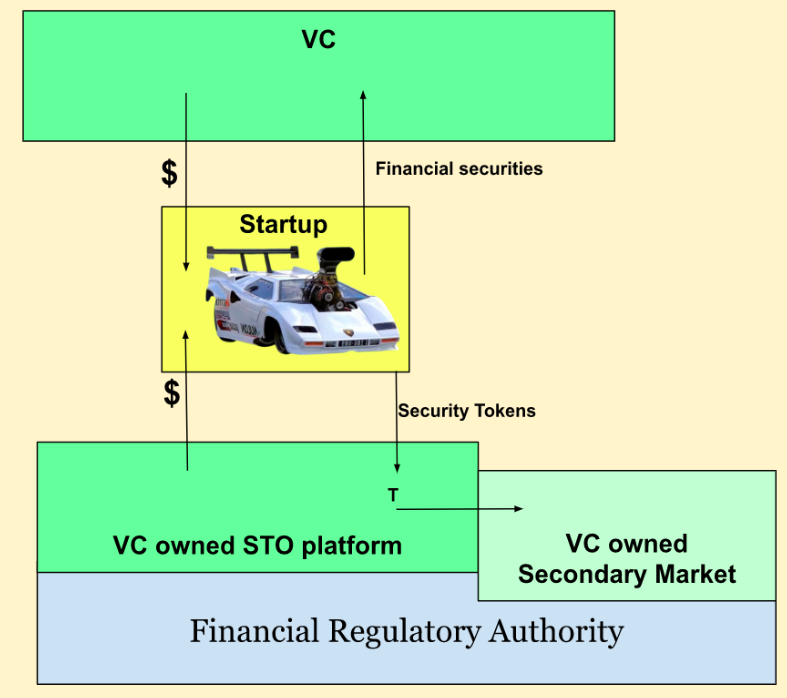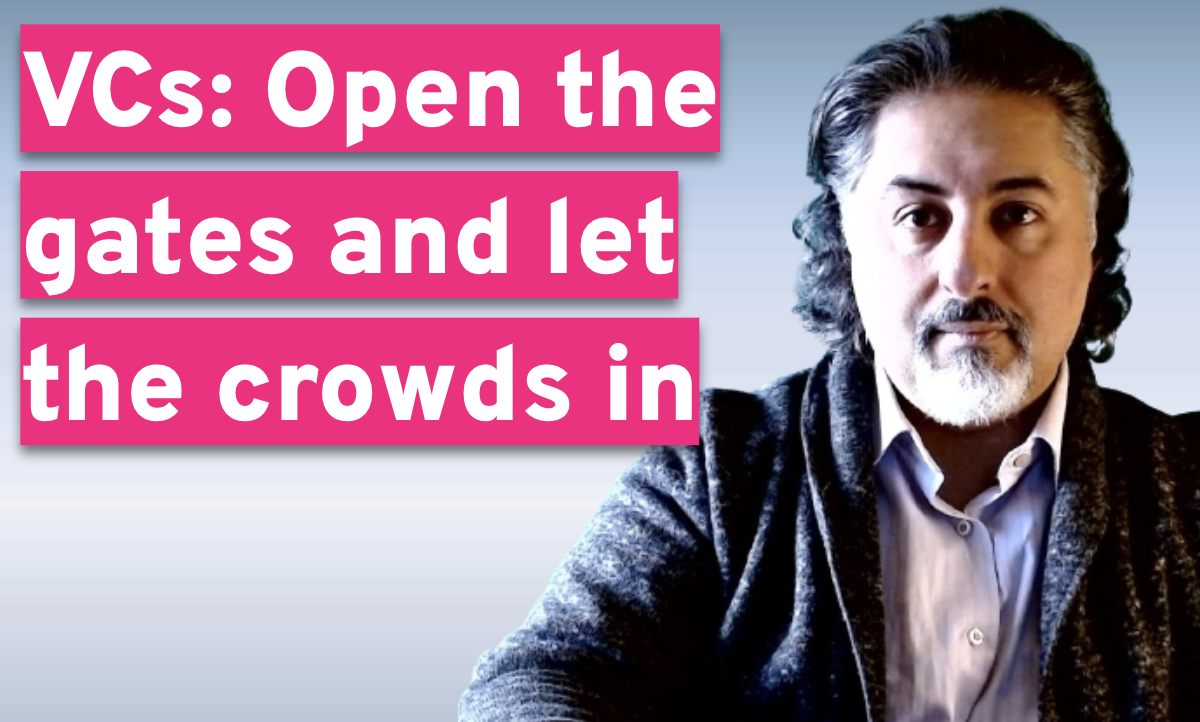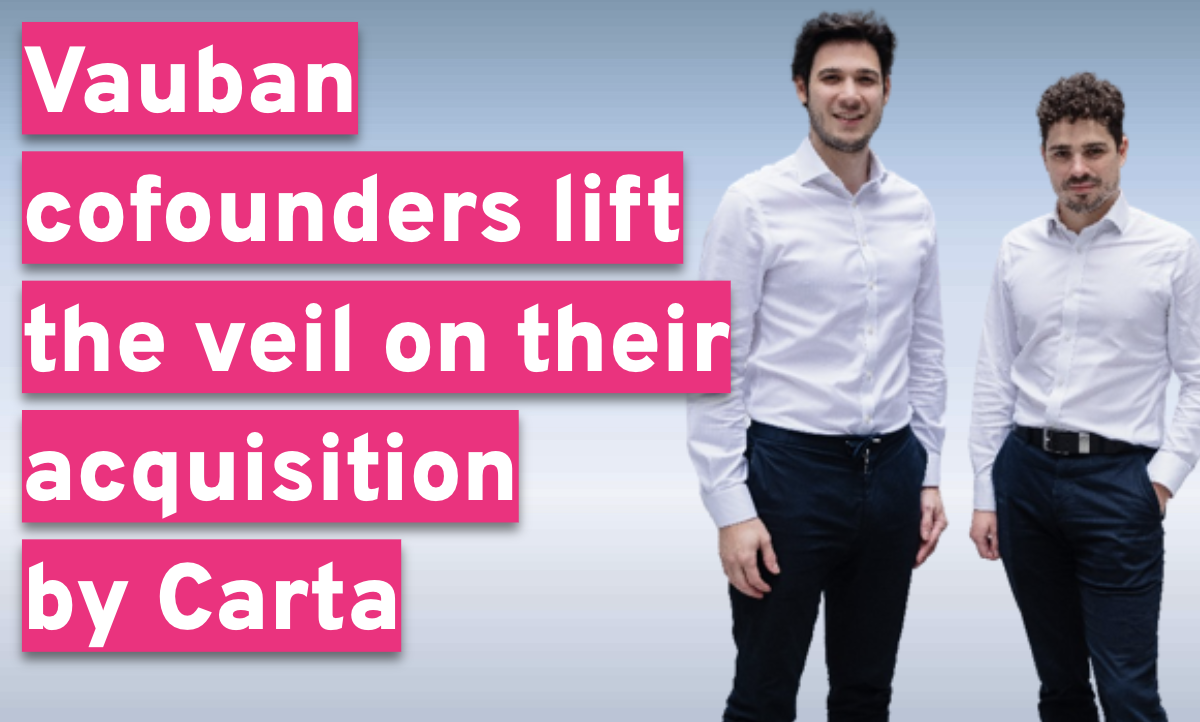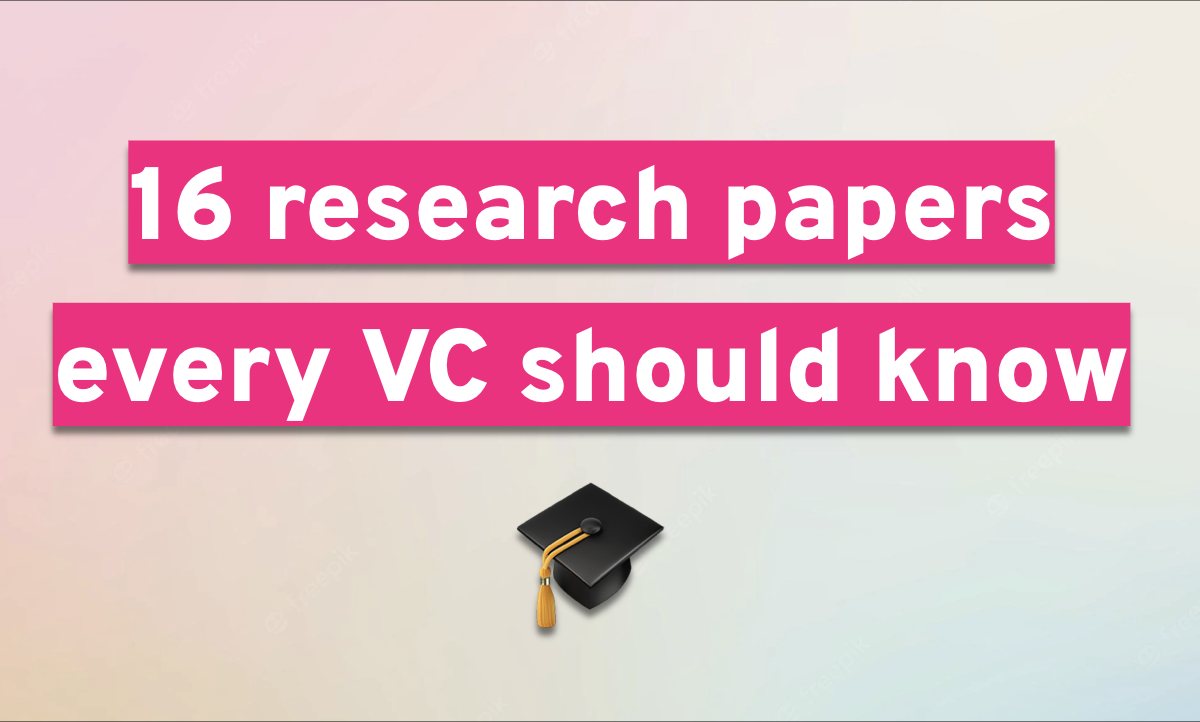What if any individual could invest alongside a VC firm in the sexy startups they select and with the same conditions?
In this post, I would like to propose the idea of a STO platform owned and managed by a VC firm. The tokens issued by STO would be linked to the VC-backed startup and correlated to its business performance.
Table of Contents
Defining the concept
Imagine a digital platform allowing anyone to invest in a startup going through a Security Token Offering (STO) at the same time that the startup raises funds with a VC investing in its equity.
When a privately-held company (from startup to SME) issues security tokens on the market, it is called a Security Token Offering or STO. It is a similar process to an Initial Coin Offering (ICO) where an investor exchanges money for coins or tokens representing their investment. However, unlike an ICO, the STO goes even further and distributes tokens that have the status of financial securities complying with local government laws and regulations (while ICOs are not subject to). Security Tokens can be linked to an underlying investment asset, such as stocks or bonds.
A company can issue different types of Security Tokens such as Equity Tokens or Debt Tokens.
Equity Tokens holders are similarly entitled to a company’s profit, and can have the right to vote like a shareholder. The main difference between a traditional stock and an equity token is how the ownership information is recorded. Equity Tokens will be recorded on the blockchain, while traditional stocks are printed on certificates and/or stored in a database.
The first STO was launched by Blockchain Capital (BCAP) on April 10, 2017. The STO raised $10,000,000 in a single day. Since then, STOs have continued to gain momentum in 2018 and 2019 to date. (To learn more about STOs, check out this link )

Obviously, this model only works if all 3 parties involved find a strong interest in it. Let's look into it.
Benefits for the STO investors
- Deal access: STO investors not only benefit from accessing VC-selected deals, they also have the guarantee that the startup they want to support is a serious deal (
not a scam like most ICOs ). This would be due to the VC has conducted proper due diligence (evaluation of the founders, the operational staff, the problem/solution fit, the product/market fit, the market growth potential...) and is himself investing in the company.
- Value-add : As the VC investor supports the growth of the investee startup, this increases the chance of successful growth and capital-gain after the exit (buy-out by a Private Equity firm, acquisition by a large corporation, or IPO).
- Liquidity : The Security Tokens are a liquid investment because they can be listed on a secondary token-exchange market proposed by the platform with live pricing based on supply & demand. The business performance of the investee startup impacts the supply & demand of tokens and therefore the pricing can increase or decrease in near real-time. Some STO rules can even push further the relation of the token to its mother startup. Such token pricing can be correlated to the revenues of the startup or any other indicator the owner of the STO platform has added in the smart contract. A case in point is Kriptown, a Parisian company offering privately-held companies (from startups to SMEs) the ability raise funds by going through the STO process. The user interface of Kriptown is clearly inspired from old-school trading digital platforms (like capital.com or boursorama.com) where you can see the live pricing of Security Tokens of listed companies. Kriptown operates instant Delivery versus Payment (DvP) in euro.
We've established that the model is virtuous for STO investors. But what's in it for the VC investor? Why would they let strangers in on their best deals?
Benefits for the VC investor
The VC investor actually has much to win with this proposition:
- Higher post-money valuation : The post-money value of the investee startup will be higher with the money of STO investors. Simply put:
- Without STO: pre-money valuation + VC cash = post-money valuation
- With STO: pre-money valuation + VC cash + STO cash = post-money valuation
- Community support: Allowing the startup to go through a STO will reduce the risk for the VC because the startup STO will generate enthusiasm from a crowd of investors who will talk about the startup and support it - just like any crowdfunding procss. This will induce more users/customers for the startup leading to higher chances of success.
- Lower dilution: Another benefit for the VC is that the additional money raised by the startup STO will not dilute him or her. Keep in mind that although Security Tokens have the status of financial securities, they are usually not on the cap table. Instead, they are simply linked to an underlying stock.
- Revenue stream for the VC: Last but not the least, in the idea exposed here, the VC is the owner of the STO platform. Therefore, the VC could charge fees for the initial STO and then charge fees on every transaction on its proprietary secondary market. That's a brand news revenue stream for VCs who lived off their management fees until then.
Benefits for the startup
The founders also have an interest in such a model:
- More cash available: The STO allows the company to raise additional money at the same time as the VC round without extra effort.
- Less dilution: The money from a STO is non-dilutive (because STO investors do not own the company's shares, but a financial security-like share or a token) linked to the company's performance.
- Visibility boost: A STO increases the startups’ notoriety (just like an IPO does) enabling all those who love the startup to invest and therefore talk about it. The announcement is also likely to catch the attention of journalists and get press & media coverage, boosting visibility even more.
Conclusion
Currently, there are some companies offering to startups a digital platform enabling them to raise funds by STO and they also offer live pricing of startup-linked tokens on their secondary market. The live pricing can be based both on supply & demand and in one way or another on the startup's performance.
Take a look at these companies:
- Kriptown, based in Paris https://krip.town/
- Fairmint, based in San Francisco https://fairmint.co/
- Securitize, based in San Francisco https://securitize.io/
- Polymath, based in Toronto https://polymath.network/
VCs may see the STO platforms as a threat to their business just like donation-reward crowdfunding and then equity-crowdfunding were perceived as a threat 10 years ago. Nevertheless, most of these STO platforms have serious VCs as investors in their equity.
Therefore, the next bold move in the VC industry could be a dual model combining VC and STO, or even better, a triple model: Startup-Studio/VC/STO
About the author
Ari Massoudi is a life scientist, former Academic researcher in biomedicine, and serial entrepreneur (education business, food business). Since 2009, he has worked as a consultant for biopharmaceutical startups and their investors.
Ari can be reached at [email protected]









